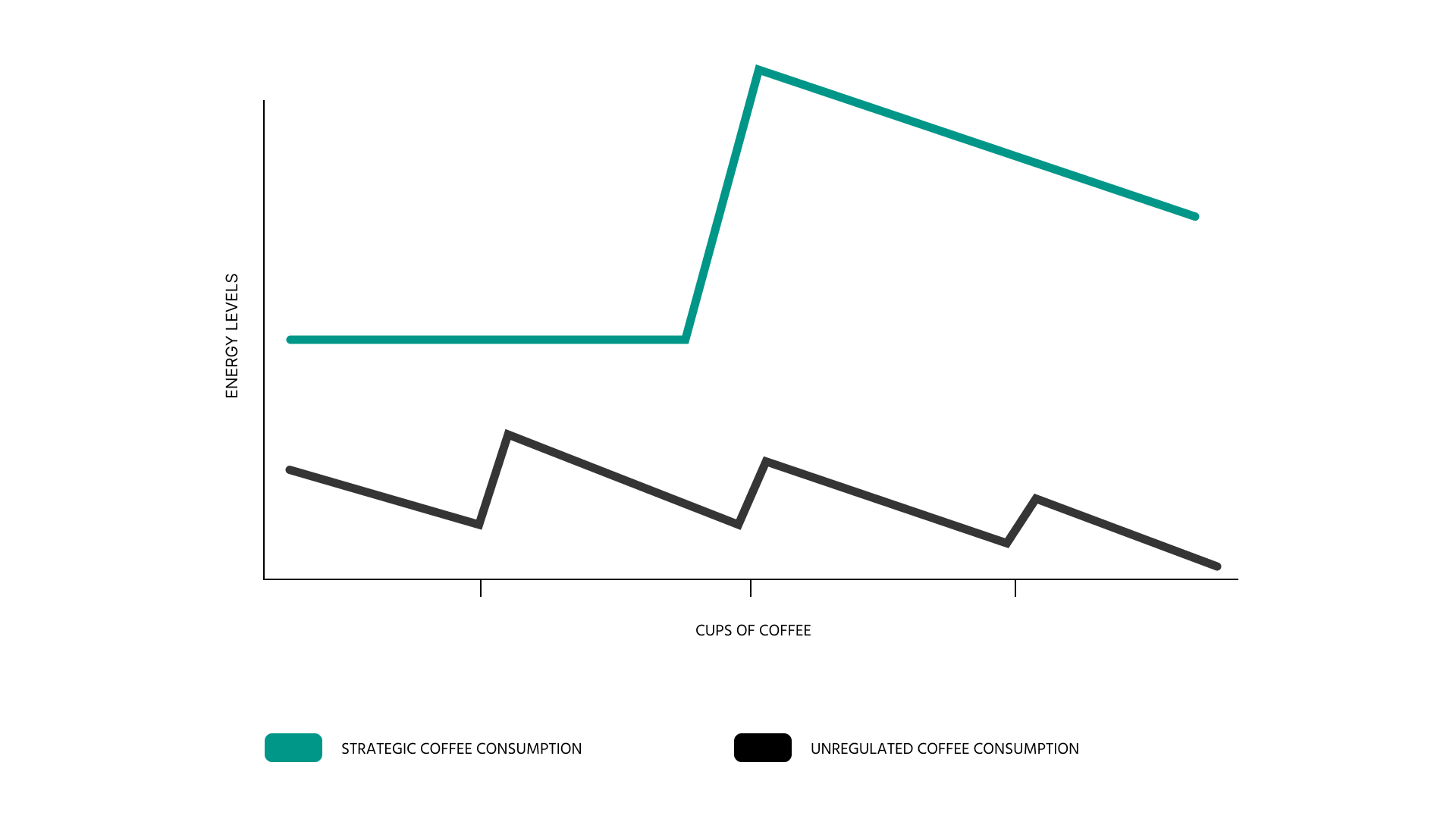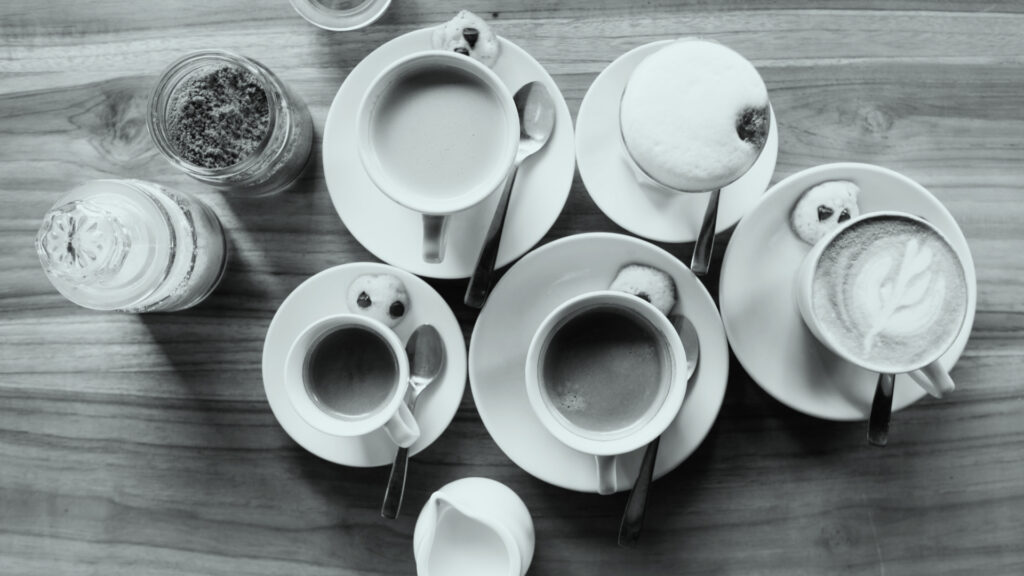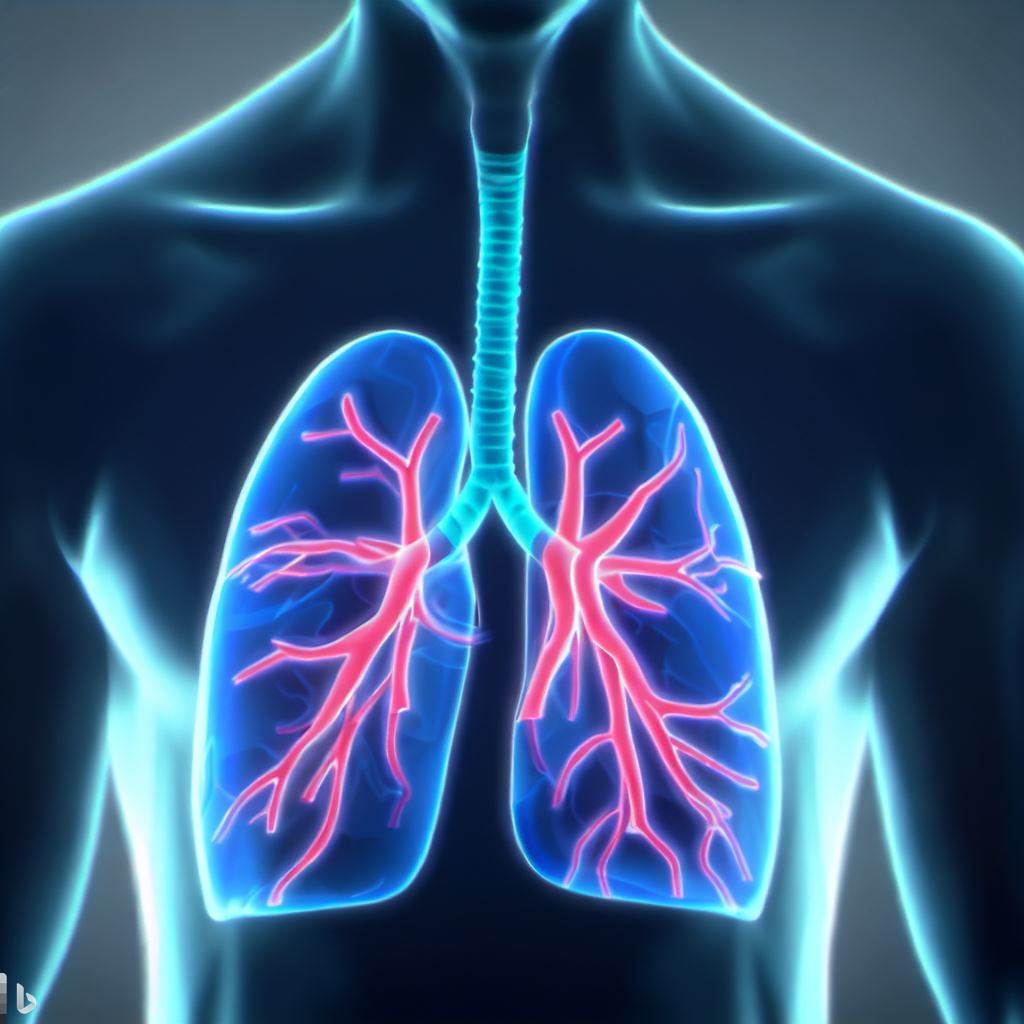More than 90% of adults use caffeine daily. Caffeine is a blessing from God. But it’s easy to overdo it. Here is my approach to strategic caffeine consumption to improve focus, energy, and productivity without becoming dependent on it.
Caffeine has many benefits. It’s been shown to improve physical performance, lower the risk of certain diseases, and increase metabolism. But most of us take caffeine to improve our productivity—increased focus, mental clarity, mood, and alertness. Nevertheless, too much caffeine can become a bad thing.
During my time writing for Not the Bee, I picked up a bad habit. I was writing and editing articles all day every day. So to stay focused, I slowly increased my caffeine consumption.
But like with so many things, the more caffeine you take, the more it takes to give you the same effect. At one point I was regularly drinking four to six cups of coffee per day and often some kind of energy drink as well.
I soon realized this had become a problem.

Health Concerns Related to Too Much Caffeine
I say this is a problem because while caffeine in moderation can be a great boost for focus and productivity, too much can lead to health problems:
According to the Mayo Clinic, for most people, anything more than about 400 mg of caffeine per day is not a healthy long-term strategy for getting stuff done.
Up to 400 milligrams (mg) of caffeine a day appears to be safe for most healthy adults. That’s roughly the amount of caffeine in four cups of brewed coffee, 10 cans of cola or two “energy shot” drinks.
Mayo Clinic
Caffeine Side Effects
| Side Effect | Description |
|---|---|
| Anxiety | High levels of caffeine can cause restlessness, nervousness, and anxiety. |
| Insomnia | Too much caffeine can interfere with sleep and cause insomnia. |
| Digestive Issues | Overconsumption of coffee can cause digestive issues such as acid reflux, stomach cramps, and diarrhea. |
| Headaches | High doses of caffeine can lead to headaches and migraines. |
| Increased Heart Rate | Caffeine can cause the heart rate to increase, which can lead to palpitations and arrhythmias in some people. |
But it wasn’t just health concerns that caused me to rethink my approach to caffeine.
Spiritual Concerns
I felt convicted about the fact that I was addicted to caffeine. While there’s nothing sinful about drinking caffeine, my reliance on it made me think of the apostle Paul’s words concerning Christian freedom:
“All things are lawful for me,” but not all things are helpful. “All things are lawful for me,” but I will not be dominated by anything.
1 Corinthians 6:12
So one day, I simply decided to quit drinking coffee cold turkey. Just to see if I could. And by God’s grace, I went for over 3 months without.
But then something interesting happened…
My tolerance for caffeine had been significantly reduced by my long abstinence.
Even just a little coffee now had the same effect as several cups previously. A few days later, I tried drinking just half a cup and that seemed to be the new sweet spot. The level of focus I got from it was incredible.
But I knew that if I didn’t regulate myself, I would soon be back on the path toward diminishing returns and 4+ cups a day. So I began experimenting with what I’ll call “strategic coffee consumption.”
The game was simple: How could I best leverage the power of caffeine to help me be more productive without becoming addicted?
Since approaching caffeine consumption more strategically entire mindset toward caffeine has now changed. I’ve begun to think of coffee less as a daily necessity and more as a strategic tool. Deployed judiciously, caffeine can be a powerful productivity tool that doesn’t make you dependent on it.

If you’re wanting to try strategic coffee consumption, here are a few tips and considerations.
1. Understand How Caffeine Actually Works
Did you know caffeine doesn’t actually make you less tired?
Instead, it tricks your brain into thinking it’s not tired. This is an important distinction. Because it means drinking coffee when you’re tired is really just a bandaid for a deeper problem. You’re most likely tired because you aren’t enough sleep or exercise (or both).
Caffeine makes you feel less tired by stimulating your central nervous system and blocking adenosine—a neurotransmitter responsible for promoting sleep and suppressing arousal. When your adenosine levels are reduced, your brain produces more excitatory neurotransmitters like dopamine and norepinephrine. These enhance your alertness and, yes, your cognitive performance.
That’s all a fancy way of saying, caffeine isn’t fixing your wakefulness problem. It’s masking it. And if you use it as a crutch for chronic sleep deprivation you’re asking for problems. It’s like popping painkillers for a broken arm instead of going to the doctor and getting the bone set.

Caffeine to make up for lack of sleep may have productivity benefits in the short term. It can help you get through the day. But in the long-term chronic sleep deprivation will make you less productive. And can lead to things like:
- Impaired cognitive function
- Increased risk of chronic disease
- Mood disorders
- Immune system dysfunction
If you really want to go down the rabbit hole of strategic caffeine use for productivity, Andrew Huberman did a deep dive on Using Caffeine to Optimize Mental & Physical Performance.
2. Try Caffeine Alternatives
While caffeine can help you stay alert, there are other ways to achieve some of it’s same outcomes without the side effects. Granted, these effects will not be as pronounced as taking a stimulant but they are part of a better long term strategy for promoting focus and wakefulness.
Have a Bedtime
One of the most obvious methods to feel less tired is to get more sleep. If you often feel tired, it’s crucial to examine your sleep patterns. We delve into this topic in POWER Mornings, but the key is to maintain consistent bedtime and wake-time routines.
The better your sleep the less caffeine you’ll take, and the less caffeine you take the better your sleep will be.
Exercise over Espresso
Exercise is a great way to feel more alert, sleep better, and boost your energy. This is true in the long-term (e.g. being in shape means you’ll tend to sleep better). But exercise is also effective in the short term.
Try a morning walk, jumping jacks, or pushups for an instant energy boost. A walk after lunch can also be a healthier substitute for a second cup of coffee and has other health benefits as well.
Breathing Tricks
To wake yourself up quickly, try “espresso breaths.” Simply take two quick shallow breaths through your nose followed by two quick breaths out through your mouth. Do that a few times and you’ll trick your body into thinking it needs to be ready for action.

I’m aware that there are non-caffeinated supplements to boost energy as well, but I have not tried them myself. It seems to me that it’s wise to start with more natural solutions that attack the problem of lack of sleep/focus directly before turning to supplements.
3. When to Use Coffee Strategically
Strategic coffee consumption isn’t about quitting coffee. It’s about carefully choosing when you will take caffeine. Then when you do partake the effects are more pronounced.
Here are a few of my favorite situations where I choose to use caffeine for an extra boost in productivity.
During a long focused work session
As a writer, I’m a big fan of deep work—having long, uninterrupted periods of focused work. And I’ve found that a half cup of coffee 20 minutes before a 90-minute writing session is one of the best times for strategic coffee consumption. And when I combine that with a distraction-blocking app I can get a full day’s work done in just a few hours.
When truly tired but must work
Sometimes a bad night’s sleep can’t be avoided. I say this as someone with a 1-month-old baby sleeping in my bedroom currently. If you’re feeling extremely tired but need to work, coffee can help you stay awake and focused. Just don’t let it become a long-term strategy.
Social interactions can be draining, especially if you’re an introvert like me. Drinking coffee beforehand can help you feel more energized and alert so you can be better at loving people.
I use coffee before church most Sundays not become I’m tired, but because it helps me come out of my shell. I also drink coffee before I speak in front of people or an important meeting. Since I’m consuming it strategically, it only takes a little caffeine to help me perk up in social situations.
In summary, coffee is a wonderful gift from God. And by using it strategically, you can improve your productivity without becoming dependent on it. And I think that should be our goal as Christians, enjoy the common grace benefits but don’t be mastered by caffeine.


I have not been able to take in caffeine for years due to heart rhythm issues. I miss the help in staying awake in the afternoon. Nowadays, I have a desk chair that reclines comfortably and I often set my phone alarm for 30 minutes and lean back for a power nap in the afternoon.
I’ve been a little concerned when people say, “If you drink decaf, why even bother drinking coffee?” or memes that say “Jesus and coffee are all I need.” It does seem like some have an overdependence on caffeine. So I appreciate your balance here—that’s it’s useful, but with wisdom and in moderation.